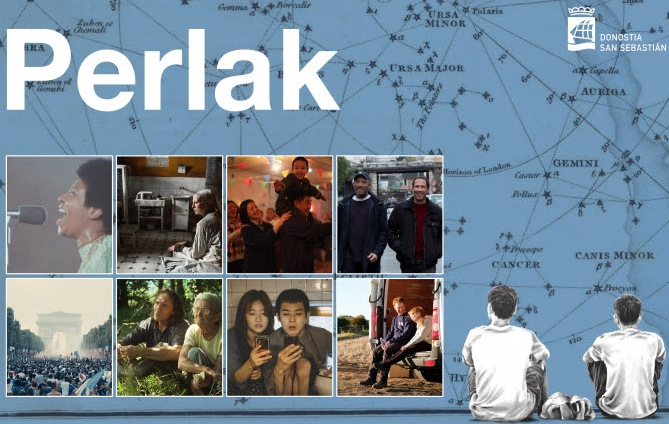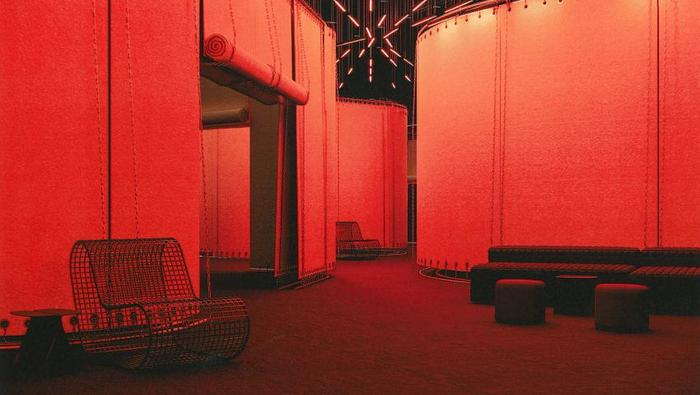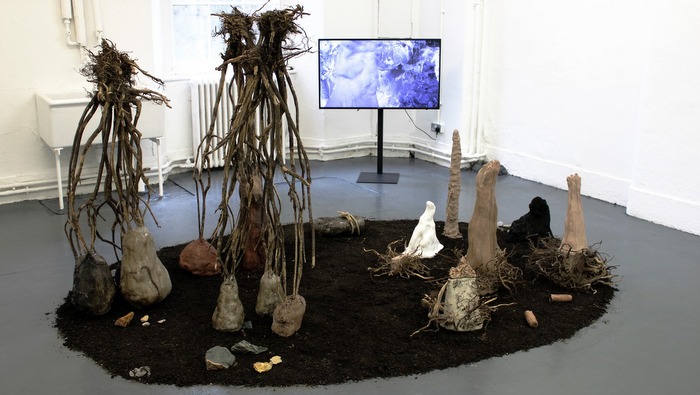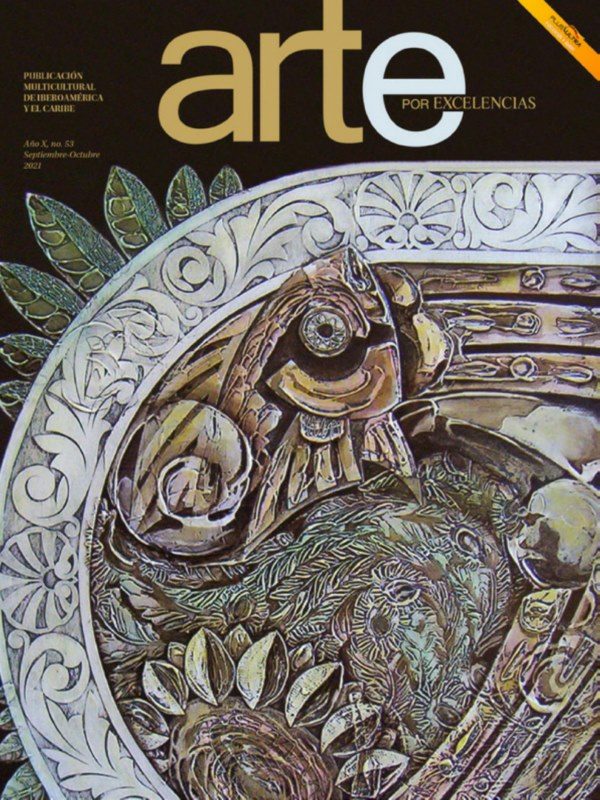Parasite, the feature film with which Bong Joon Ho bagged the Golden Palm in Cannes, headlines the first look ahead at the Perlak section alongside other titles presented both in the official competition of the French event and in its Un Certain Regard selection, as well as two films screened at the last edition of the Berlin Festival. These eight productions will compete for the City of Donostia / San Sebastian Audience Award decided by the spectators.
Bong Joon Ho (Daegu, South Korea, 1969) made his international debut in San Sebastian’s Official Selection with Barking Dogs Never Bite (2000) and later returned to compete with Memories of Murder (Silver Shell for Best Director and New Directors Award, 2003). Now one of Asian cinema’s leading figures, the moviemaker also responsible for Mother (Perlak, 2009) and Snowpiercer (2013) won the Golden Palm for Parasite, a new social X-ray viewed through the unpredictable meeting between two families: one rich and one poor.
Les Misérables, the first feature film by Ladj Ly (1978), won the Cannes Jury Prize jointly with Bacurau. The Mali-born French director uses the title of Victor Hugo’s immortal literary classic to narrate a contemporary take on tempestuous life in the suburbs of Paris.
Also with a strong social character is Sorry We Missed You, the latest work by Ken Loach (Nuneaton, UK, 1936), winner of the Audience Award at the San Sebastian Festival with I, Daniel Blake (2016). Backed by a career spanning half a century and with thirty titles to his name, the British master competed once again at Cannes with a modern portrayal of a family confronted with the traps of precarious work.
Olivier Nakache (Suresnes, France, 1973) and Éric Toledano (Paris, 1971) are regulars in San Sebastian, having closed the event with the world premiere of Intouchables (Untouchable, 2011) and with Samba (2014), and where they also competed with Le sens de la fête / C’est la vie! (2017). In Hors Normes / The Specials, which closed Cannes out of competition, the French tandem follows the adventures of two friends played by Vincent Cassel and Reda Kateb, who set up an association for children with autism.
For his part, the Paris-born Galician filmmaker Oliver Laxe (1982) presents O que arde / Fire Will Come, whose lead character is released from jail after doing time for arson and returns to an isolated hamlet to live with his mother, his dog and his three cows. With this film, the author of Todos vós sodes capitáns (2010) and Mimosas (2016) landed the Un Certain Regard Jury Prize and the award for the best sound creation.
The same Cannes section pinned the Best Director badge on the young Kantemir Balagov (Nalchik, Russia, 1991) who, having caused surprise with his first work, Tesnota / Closeness (Zabaltegi-Tabakalera, 2017) sets his first film, Beanpole, at the end of World War II, following two women as they attempt to reconstruct their lives in the devastated city of Leningrad.
Added to the above, the Chinese filmmaker Wang Xiaoshuai (Shanghai, 1966), author of works including Shi qi sui de dan che / Beijing Bicycle (Perlak, 2001) and 11 Flowers (Official Selection, 2011), will screen Di jiu tian chang / So Long, My Son, where two couples struggle to deal with the social and economic changes sweeping through the China of the ‘80s. Its stars, Yong Mei and Wang Jingchun, carried off the Silver Bears for Best Actor and Best Actress at the Berlinale, respectively.
Also presented at the Berlin Festival, out of competition, was Amazing Grace, a film about the gospel concerts given by Aretha Franklin in 1972 at a Baptist church in Los Angeles, where the diva filmed her highest-selling album. Moviemaker Sydney Pollak captured that performance in images which, 47 years down the line, Alan Elliott (1964) has turned into a documentary co-produced, among others, by Spike Lee.
In the coming weeks, the Festival will announce the other titles participating in Perlak, a selection of the year’s best feature films, not yet screened in Spain, which have been critically acclaimed and have won awards at other international festivals. All of the works compete for the City of Donostia / San Sebastian Audience Award, which includes two prizes: one for best film (50,000 euros) and the other for best European film (20,000 euros).














